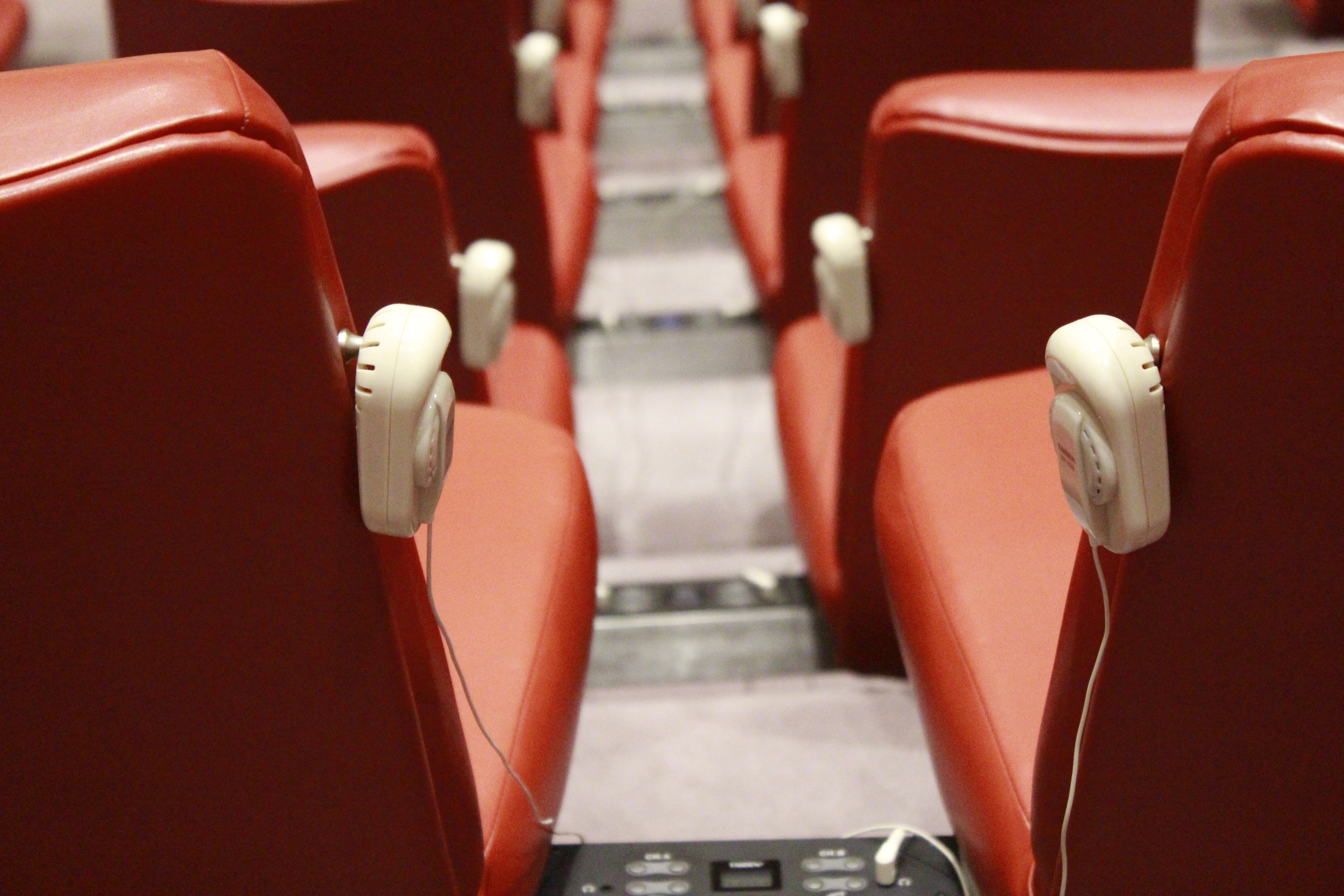Supporting elections and working towards a sustainable two-state solution
Statement by Ambassador Jonathan Allen at the Security Council briefing on the Middle East

Thank you Mr President, and my thanks to Special Coordinator Wennesland for his briefing.
Let me open today by welcoming the decision taken on 7 April by the United States to restore funding to the Palestinian people and to UNRWA. This move will improve the lives of thousands of Palestinians, particularly those hit hardest by the occupation and COVID-19. Secretary Blinken said on 2 April that Israelis and Palestinians should enjoy equal measures of freedom, security, prosperity and democracy. These are sentiments with which the United Kingdom readily agrees.
It is our hope that positive moves such as these will help to build an atmosphere of trust between the parties. The United Kingdom will continue to encourage deeper cooperation on economic issues, and will work with the parties, and our international partners, to push for the re-establishment of formal Israeli-Palestinian mechanisms, such as the Joint Economic Committee and its sub-committees.
Mr President, following elections held in Israel on 24 March, we look forward to working with a new Israeli government, when it is formed. We also strongly support the forthcoming elections in the Occupied Palestinian Territories. Palestinian voters deserve free, fair and inclusive elections. The Government of Israel must help facilitate those elections in line with the Oslo Accords. This means allowing voting to take place in East Jerusalem. The recent disruption of meetings in East Jerusalem, and the arrest of candidates, is unacceptable and must stop.
Mr President, we have been watching recent events on the Temple Mount/ Haram al Sharif very closely. We recognise that Jerusalem holds huge significance and holiness for Jews, Muslims and Christians. We reiterate the fundamental necessity of maintaining the Status Quo at the Holy Sites, in particular the Temple Mount/Haram al Sharif. We continue to value Jordan’s important role as custodian of the Holy Sites, and remain fully supportive of their efforts to maintain calm – we expect all parties to support Jordanian efforts.
Mr President, unilateral actions which inflame tensions run counter to the atmosphere of trust that we all need to re-double our efforts to build.
Illegal Israeli settlement building remains the biggest physical threat to the two-state solution. Plans by Israel to advance settlements in Har Homa in south east Jerusalem, north of Bethlehem, risk causing further damage to the prospects for a viable Palestinian State with its capital in East Jerusalem. We call on Israel not to advance these plans.
Demolitions of Palestinian buildings, and evictions of Palestinians from their homes – across the West Bank, but in particular in East Jerusalem – have a similar detrimental impact on the physical character of a future Palestinian state. The Special Coordinator rightly draws our attention to threats facing Palestinians in Silwan, al Walajeh and Sheikh Jarrah. In the latter, some 30 people face being evicted from 2 May.
Incitement, antisemitism and acts of terrorism are utterly unacceptable, and the United Kingdom is swift and clear in its condemnation of any such acts.
As we have heard, daily violence has continued throughout the reporting period. We share concerns expressed by UN experts last week about the rising levels of settler violence across the West Bank. We also remain concerned by accusations of excessive use of force. In all instances where there are accusations of excessive use of force, we advocate swift and transparent investigations.
Mr President, the United Kingdom will continue to pursue a negotiated, sustainable solution to this long-standing conflict. It is our firm belief that the contours of such a solution remain: a negotiated two state solution, leading to a safe and secure Israel, living alongside a viable and sovereign Palestinian state; based on 1967 borders with agreed land swaps, with Jerusalem as the shared capital of both states.
Thank you, Mr President.